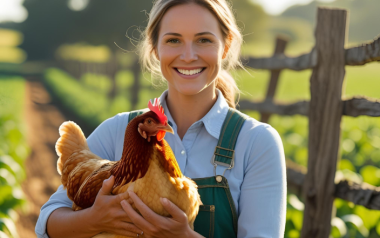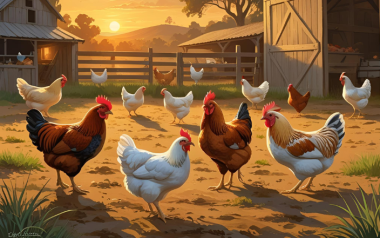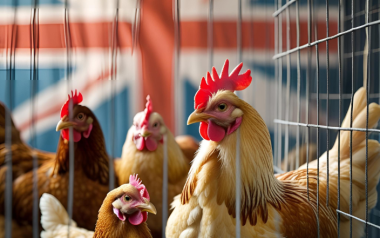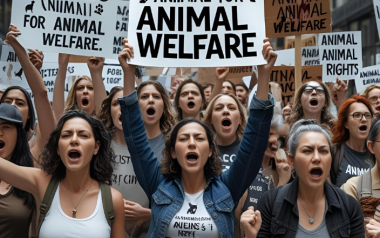Sources: Available upon request
29 Jul 2025
Study launched to improve poultry welfare in Britain
A groundbreaking three-year study has been launched in Britain to enhance the welfare of poultry during catching and handling processes.
A groundbreaking three-year study has been launched in Britain to enhance the welfare of poultry during catching and handling processes. Backed by a £500,000 investment, the initiative is a collaborative effort between the Scottish Rural College (SRUC), the University of Bristol, the Humane Slaughter Association, and a poultry veterinary consultant. Commissioned by the Department for Environment, Food and Rural Affairs (Defra), the study aims to establish best practices that prioritize animal welfare across the poultry industry.
- The research will involve over 100 commercial poultry flocks across the UK and will focus on the two primary methods of catching birds: by both legs or in an upright position.
- By comparing these techniques, researchers hope to determine which method minimizes stress and injury to the birds, while also improving the efficiency of the process.
Dr. Vicky Sandilands, lead researcher at SRUC, emphasized the importance of the study: “High animal welfare standards are a key component of agricultural best practice. We are grateful to Defra for the opportunity to investigate the impact of catching and handling on chickens.”
- The study will begin with broilers, layers, and pullets, and will include comprehensive training for catching crews on both handling methods.
- This training is expected to ensure consistency and accuracy in data collection, as well as to promote humane treatment of the animals involved.
The initiative follows a recent UK government consultation on changes to permitted poultry handling methods. As a result of the consultation, new legal guidance will clarify that chickens and turkeys under 5kg must not be lifted by a single leg, and turkeys over 5kg must not be carried in an inverted position. These changes reflect growing public and scientific concern over animal welfare in food production.
The findings from this study are expected to inform future legislation and industry standards, potentially reshaping how poultry is handled across Britain. By grounding policy in scientific evidence, the project aims to balance the needs of the industry with ethical considerations for animal welfare.
This initiative marks a significant step forward in the UK’s commitment to improving farm animal welfare and could serve as a model for similar efforts globally.






































